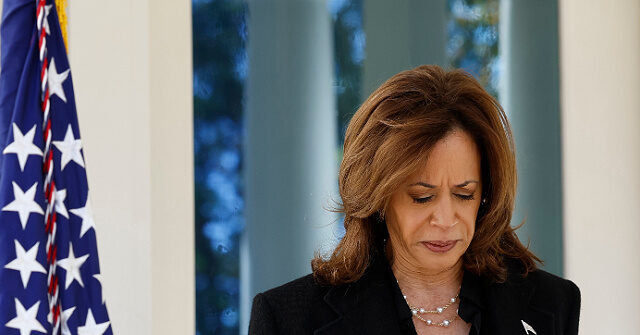In a notable development concerning the upcoming 2024 presidential election, USA Today has declined to endorse Vice President Kamala Harris, marking a significant departure from its previous practices. The publication has chosen a neutral stance, opting not to back either Harris or former President Donald Trump. This decision was confirmed by Lark-Marie Antón, a spokesperson for USA Today, who emphasized that the publication operates under the belief that “America’s future is decided locally.” This perspective promotes a focus on local races as pivotal to the nation’s future.
Historically, USA Today has taken a more politically engaged approach, famously urging its readers against voting for Trump during the 2016 election and endorsing Joe Biden in 2020. The change of heart in the publication’s endorsement policy reflects a broader trend among major news outlets. Despite having previously supported significant Democratic candidates—including Biden, Barack Obama, and Hillary Clinton—the LA Times also announced its decision to refrain from endorsing a presidential candidate this year. This shift illustrates a growing reluctance among leading publications to weigh in on national elections, instead emphasizing the importance of local decision-making.
The Washington Post has joined the ranks of publications steering clear of presidential endorsements. In an opinion piece, CEO William Lewis articulated the Post’s return to its roots by choosing not to endorse any presidential candidate in the current or future elections. This signals a more cautious approach to political endorsements, suggesting that the Post and its peers might prioritize their journalistic integrity and public service over partisan advocacy.
The trend of non-endorsement also extends beyond mainstream media to influential organizations, as demonstrated by the Teamsters Union’s decision not to endorse Harris. This reflects a disconnect between Harris and a segment of the labor force, with polling revealing that nearly 60 percent of union members favor Trump, compared to only 34 percent supporting Harris. Such trends indicate challenges for the Vice President as she approaches the electoral landscape, further complicating her campaign.
The phenomenon of declining endorsements is significant in a polarized political environment. In an age where media outlets have often been criticized for bias, the non-endorsement tactic might serve as a strategy for reclaiming credibility and fostering public trust. By refraining from official endorsements, these publications may aim to position themselves as objective sources of information that empower readers to make informed decisions independent of editorial influence.
In conclusion, the non-endorsements from prominent publications, including USA Today and the LA Times, along with the Teamsters Union’s stance, signal a notable shift in the electoral landscape ahead of the 2024 election. As candidates vie for support, the evolving strategies of major media players and organizations highlight the complexities of political endorsements in today’s climate, pushing for localized engagement while navigating the national implications of their choices.

